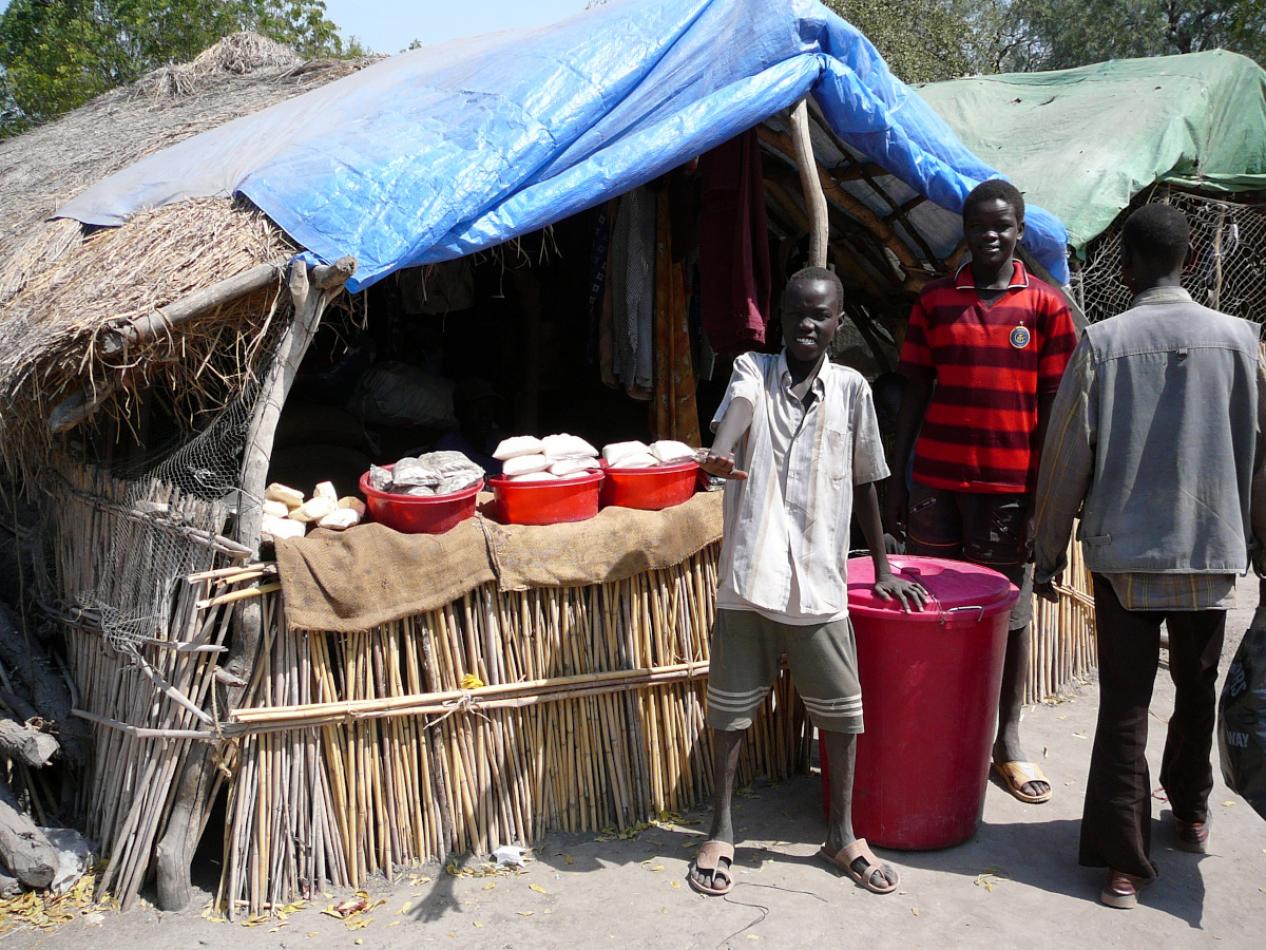Daniel Comboni
Comboni Missionaries
Institutional area
Other links
Newsletter
Friday, February 4, 2022
In recent decades, a new culture has taken hold in the world. Thanks in part to globalisation and a certain cultural flattening to US trends, the use of language is changing everywhere. This metamorphosis reflects a – sometimes morbid – attention to gender balance, inclusive language, avoiding expressions that might be offensive to one or another minority.
This phenomenon certainly has positive aspects. Language is the most powerful tool of human culture. If something is said over and over again, it becomes the norm. Sensitivity to the female gender, the disabled, the various human frailties, is enhanced when language changes. The choice of words and expressions supports the transformation of the mode used to assess a certain reality. Inclusive language fosters the emergence of an inclusive culture.
Interestingly enough, inclusiveness seems to have its limits. The poorest, those excluded from society, those who do not have what it takes to be assisted by NGOs, know this well. For them, there are no spokesmen strong enough to make their reality known. So, on the one hand we advocate inclusiveness, but on the other hand we do not make the structural changes that would allow the truly dispossessed of the earth to have equal rights.
Pope Francis notes that our communication has lost quality. We have the technical means to talk to anyone in the world, to reach the most remote corners, to send messages that can be read everywhere in real time, but… it does not seem to create a real dialogue. The flattening of language does not help to give strength to our speech. We are experiencing a homogenisation of language. In the field of rights, social and financial forces have quickly adapted. It is fashionable to talk about social responsibility, so everyone does it, even those forces that offer no service to society.
The third chapter of Fratelli Tutti states this forcefully. Francis names fundamental values that should govern the relationship with people. He also names urgent responses to today’s crises.
Reading between the lines, we seem to be faced with a call for an extraordinary jubilee: not one made up of pilgrimages to basilicas and holy places, but one full of social actions of liberation. The biblical jubilee is the fruit of a revolutionary idea. With a symbolic cycle linked to the number seven (perfection), at the end of a period – every fiftieth year – all the resources of Israel were to return to the possession of their original owners. Assuming that the division of the country’s resources had been done justly at the outset, this cycle would ensure that each new generation could count on resources of similar value, thus eliminating one of the sources of inequality.
History teaches us that the jubilee was never celebrated in Israel. The validity of the idea remains. Today, more than ever, there is a need to think of ways to provide fair access to resources for all, in an equitable manner. The experience of recent decades tells us that the gap between peoples is too wide. Those who start out disadvantaged never manage to catch up, and are condemned to a poverty and marginality that do not reflect the reality of their work, commitment, and values. Let there therefore be a kind of jubilee that allows everyone to have truly equal access to resources.
Fr. Giuseppe Caramazza mccj
[combonimission.net]




